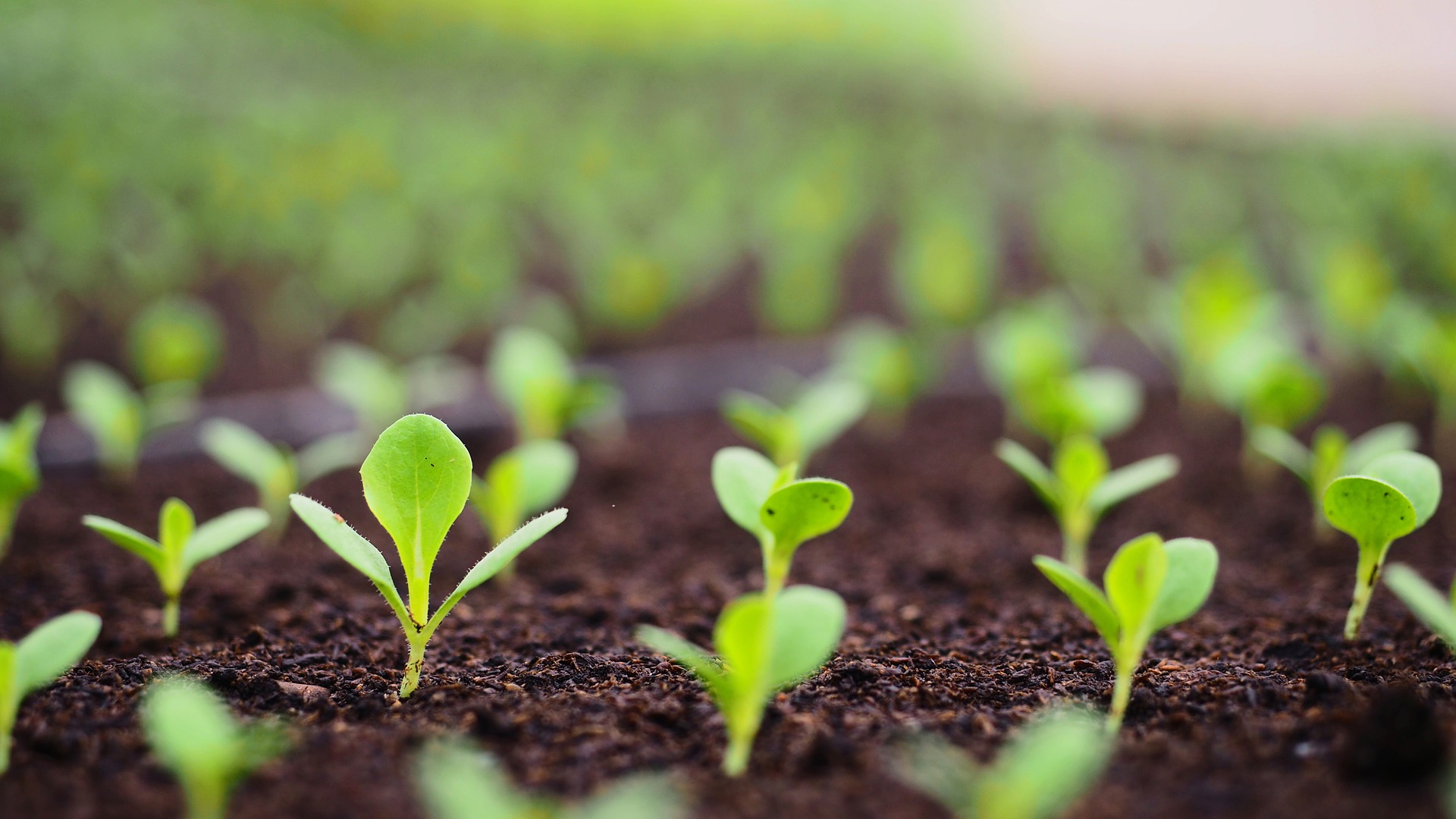May 2022: This call has now closed. Thank you to everyone who has submitted a proposal.
TABLE is issuing a call for proposals, open to anyone who is affiliated with an organisation based in Central and South America, Africa, the Middle East or Asia. To explore some of the most salient and relevant food debates happening in and around food systems across the world, we are looking for writers who are able to lay out the landscape of these food debates as they occur in different geographical locations, the stakeholders involved, and the underpinning evidence, values and assumptions that lie at the heart of these contestations.

Image by วรพจน์ พนาปวุฒิกุล
Are you a researcher or a food systems practitioner affiliated with an institution based in Central and South America, Africa, the Middle East or Asia?
Do you have a nuanced understanding of some of the debates about what a ‘good future’ for food looks like, and a desire to explore and share the various angles and arguments of a particular debate with a wider audience?
If so, TABLE would like to hear from you.
Who we are
TABLE is a new platform for reflective, critical thinking and inclusive stakeholder dialogue around the future of food. We aim to set out the evidence, assumptions, and values that people bring to food system debates and seek to facilitate informed discussions about how the food system can become sustainable, resilient, just, and ultimately “good”. TABLE is a collaboration between three universities: the University of Oxford, the Swedish Agricultural University and Wageningen University and Research.
Because of the global and interconnected nature of food systems, and recognising the limitations of our perspective as a partnership of North-Western European universities, we have an interest in learning about the food-related debates that are playing out more broadly around the world. We are particularly keen to engage with more researchers and practitioners from Central and South America, Africa, the Middle East and Asia.
How to participate
This call is open to anyone who is affiliated with an organisation based in Central and South America, Africa, the Middle East or Asia.
To explore some of the most salient and relevant food debates happening in and around food systems across the world, we are looking for writers who are able to lay out the landscape of these food debates as they occur in different geographical locations, the stakeholders involved, and the underpinning evidence, values and assumptions that lie at the heart of these contestations.
We invite proposals for contributions on issues of particular relevance to your work, your region, and the food systems debates happening there. We will select ~10 proposals and are able to offer compensation for pieces that are taken to completion. Where possible please articulate how and if the debate playing out also has wider, global relevance than the scale you are focusing on. We welcome submissions of the following kind:
a. those that take a bird’s eye view of a particular food systems debate that plays out at a particular scale (e.g. rural, urban, national, regional, etc.) and in so doing, try to lay out the parameters of the disagreements and the stakeholders involved, in a way that strives for some measure of impartiality (https://www.tabledebates.org/impartiality)
b. contributions as above, but which articulate the author’s particular position on a debate while also seeking to understand alternative positions and remaining nuanced in their portrayal.
We are open to hearing about any food contestation related topic you want to focus on. But to provide some suggestions, we have a particular interest in debates that fall into the following broad categories:
- Power in food systems (e.g. what is it, who has it, who ought to, how does it shape conversations and outcomes? See for more https://www.tabledebates.org/power)
- Livestock, sustainability and transitions
- Meat, milk and its meanings
- Human / non-human relations
- Technology, culture, tradition and change
- Whose knowledge counts?
- Which metrics matter in discussions about food and its intersection with the environment, health and development?
- Defining tradeoffs and deciding what to do about them
- Food systems narratives and frames
- Language, labels, and labelling: how do these get used to exacerbate or de-escalate debates?
Further details
- We are looking for pieces of 2000-3000 words in length. They should clear, jargon-free and aimed at a diverse, informed, and global audience.
- Contributions in other formats and media will also be accepted (for example, photo journals, or video essays, podcasts, etc.).
- The TABLE team will work with you to help shape and edit your piece.
- Compensation for each successfully completed piece will be £300.
- Publication dates for pieces in this series will be staggered, starting in the week beginning 28th July 2022. For the earliest pieces in the series, a first draft will be expected by 4pm BST on 30th June and a final draft on 15th July.
- All pieces will be published on our website and widely promoted by our communications team.
Interested?
To be considered, please send a 300-350 word proposal outlining what you want to focus on, how and why, to info@tabledebates.org by 4pm BST Monday 23rd May 2022. Please use the email subject line "Call for proposals".
As part of your application please include a CV and a short covering letter outlining how this work fits with your academic or professional background and interests. (Note: it is hoped that some of these commissioned pieces will lead to further longer-term collaborations with TABLE; if this is something you are interested in, please mention it in your letter and indicate what sort of collaboration you envisage.)
Successful applicants will be notified by 30th May and publication timelines will be negotiated afterwards; we hope to publish all commissioned work before the end of 2022.
| Download the call for proposals |






Post a new comment »